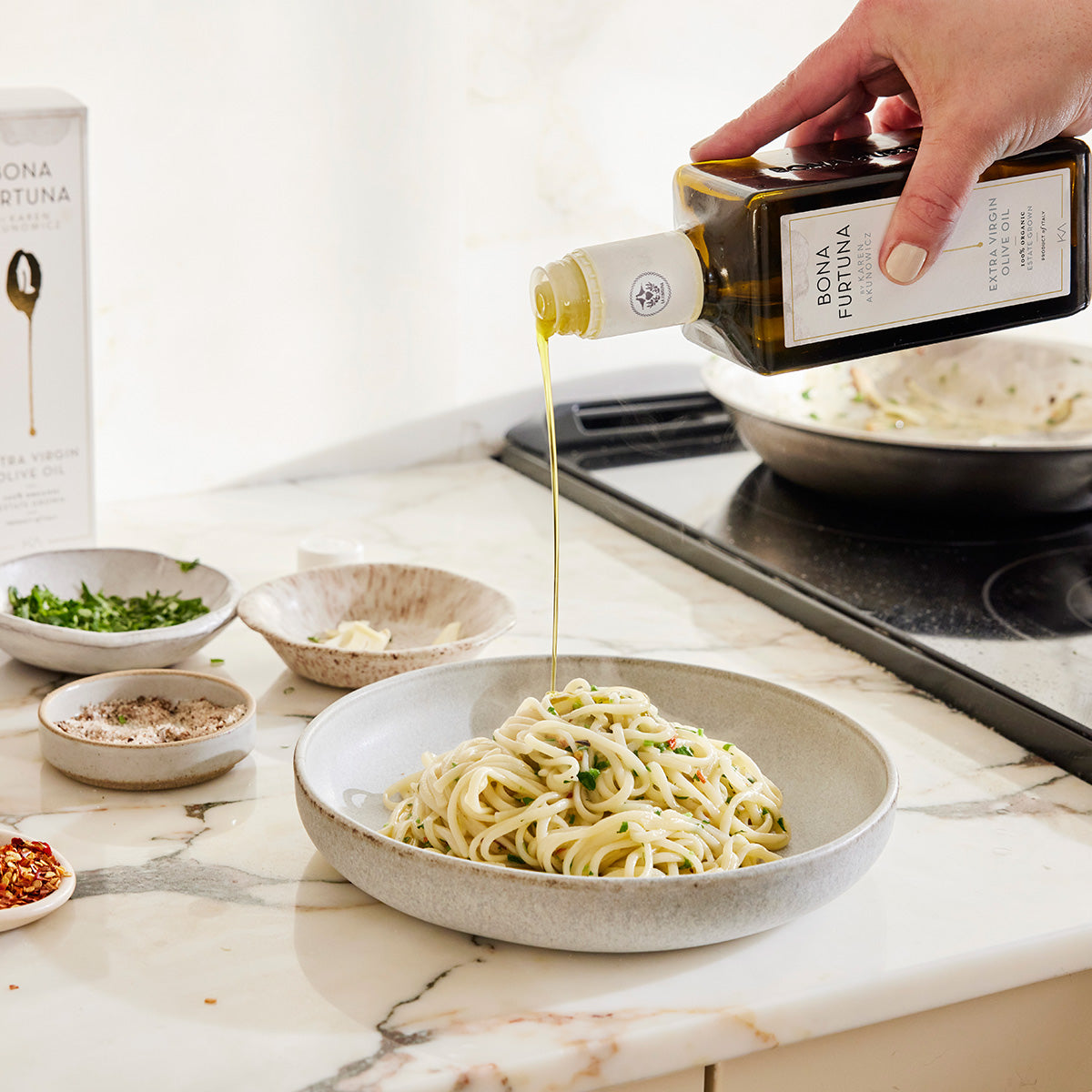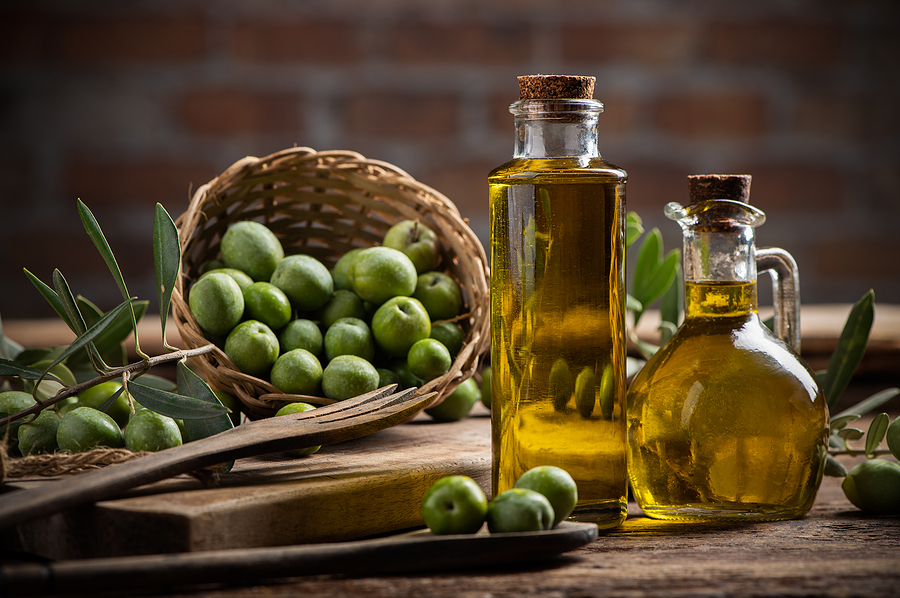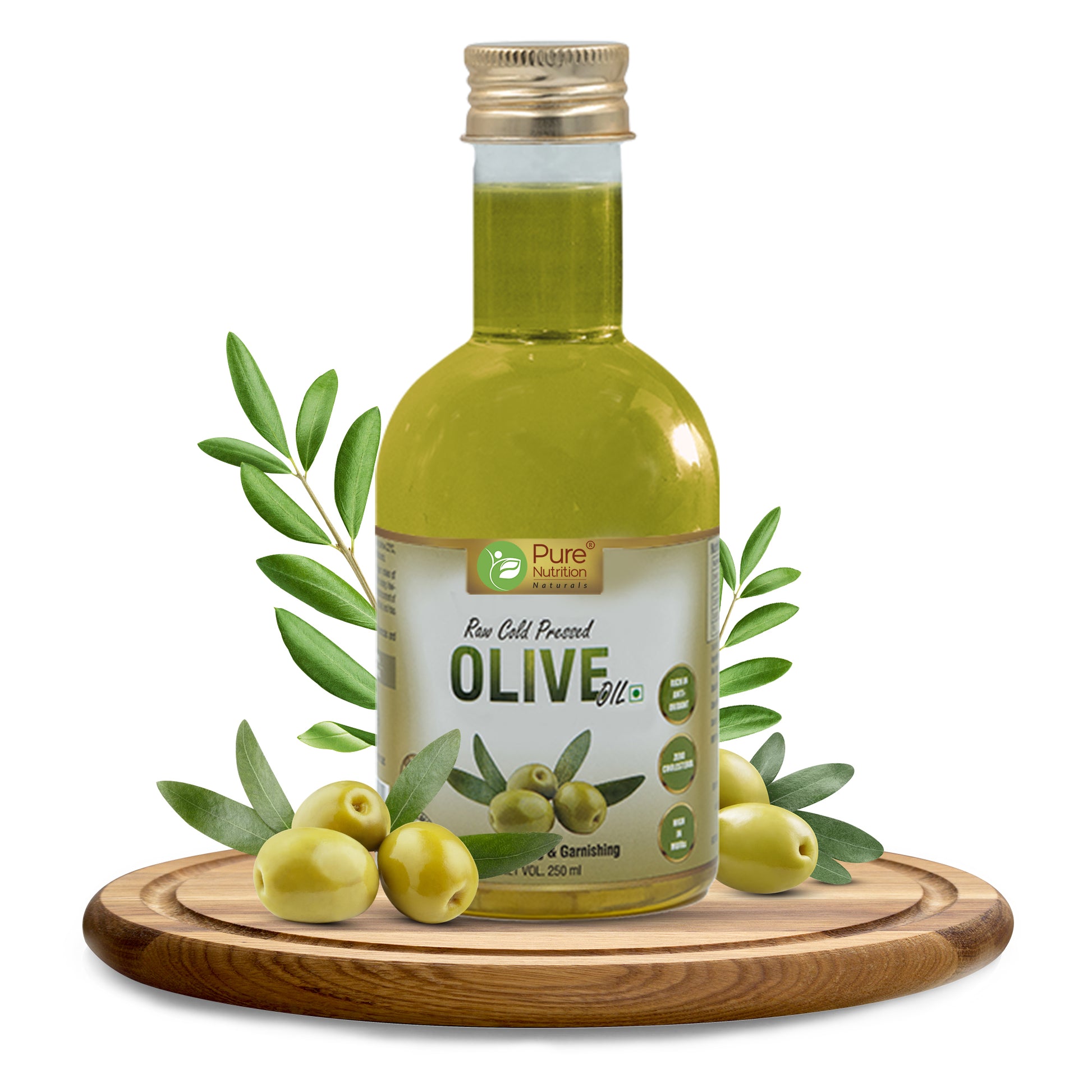Exploring the Various Kinds Of Olive Oil and Their Uses, Including Bonus Virgin Olive Oil
The expedition of olive oil encompasses a varied array of types, each offering cooking applications and unique tastes. Extra virgin olive oil, renowned for its remarkable quality and health and wellness advantages, serves as a staple in many cooking areas, yet it is only one aspect of this multifaceted component.
What Is Olive Oil?
Stemmed from the fruit of the olive tree, olive oil is a staple in Mediterranean cuisine and an essential ingredient in different cooking applications. This functional oil is produced by pressing entire olives, causing a liquid that differs in fragrance, shade, and taste depending on the sort of olives utilized, the region of farming, and the removal process. Olive oil is primarily composed of monounsaturated fats, especially oleic acid, which is understood for its possible health benefits, including anti-inflammatory buildings and cardio assistance.
In addition to its culinary uses, olive oil has a lengthy background of application in traditional medication and skin care, owing to its abundant antioxidant web content (extra virgin olive oil benefits). The oil is often utilized in dressings, marinates, and for cooking techniques such as sautéing and roasting. Its unique flavor profile can enhance the taste of various meals, making it a crucial active ingredient for both home chefs and expert chefs
Additionally, olive oil is celebrated for its duty in the Mediterranean diet regimen, which is associated with countless wellness advantages. As understanding of these advantages grows, olive oil remains to gain appeal worldwide as a basic element of a healthy and balanced way of living.
Kinds of Olive Oil
Recognizing the different sorts of olive oil is crucial for both cooking fanatics and health-conscious customers. Olive oil is classified largely based upon its removal method and top quality, which substantially affects its aroma, flavor, and health benefits.

Light olive oil, regardless of its name, describes a lighter flavor and not lower calories. It is perfect for those seeking an extra refined taste in dressings and marinades. Additionally, there are flavorful olive oils instilled with herbs, spices, or citrus, which can boost meals without the need for additional flavoring.
Each sort of olive oil serves specific cooking functions, and understanding these differences enables consumers to make enlightened options that align with their food preparation designs and health goals.
Bonus Virgin Olive Oil
Extra virgin olive oil (EVOO) is widely considered the best quality olive oil available, renowned for its abundant taste and numerous wellness benefits. To be identified as additional virgin, the oil has to be created from fresh olives using mechanical procedures, without the usage of solvents or extreme warmth. This careful method protects the oil's natural tastes, antioxidants, and healthy and balanced fats, resulting in an item with a low level of acidity degree of less than 0.8%.
EVOO is bountiful in monounsaturated fats, especially oleic acid, which is connected to decreased swelling and improved heart health and wellness. It additionally includes polyphenols, effective antioxidants that might provide safety effects against persistent conditions. The flavor account of EVOO can vary substantially depending on the olive range and area of manufacturing, ranging from verdant and fruity to robust and peppery.

Culinary Uses of Olive Oil

In cooking, olive oil can be utilized for sautéing, roasting, and barbecuing, supplying a healthier option to butter or other fats. Its high smoke point makes it suitable for numerous cooking approaches, while its anti-oxidants add to a heart-healthy diet regimen. Showering olive oil over completed meals, such as pasta, fish, or barbequed vegetables, can boost tastes and include a touch of sophistication.
Additionally, olive oil plays a considerable function in baking, where it can change traditional fats in dishes for bread and pastries, passing on wetness and a refined preference. It likewise works as a base for instilled oils, permitting chefs to try out tastes such as garlic, natural herbs, or chili, even more expanding its culinary possibility. Generally, olive oil's flexibility makes it essential in both home and specialist kitchen areas.
Deciding On High Quality Olive Oil
When selecting quality olive oil, it's vital to take into consideration a number of essential factors that affect the product's aroma, taste, and health advantages. Decide for extra virgin olive oil (EVOO), which is acquired from the first chilly pushing of olives and includes the highest possible levels of antioxidants and valuable substances. Try to find oils that are licensed by recognized companies, as this often makes sure adherence to rigorous quality requirements.
The product packaging also plays a considerable role in protecting the oil's stability. Pick oils stored in dark glass check this bottles or tins to secure versus light destruction. Take notice of the harvest date; fresher oils use superior flavor and nutritional value, so choose items that are within 18 months of their harvest.
Be conscious of the taste; a great quality olive oil ought to have a balance of fruity, bitter, and sharp notes, showing its splendor and complexity. By assessing these elements, you can ensure you are choosing the ideal olive oil for your cooking requirements.
Final Thought
In summary, the expedition of numerous types of olive oil exposes distinct characteristics and applications, with extra virgin olive oil standing for the peak of quality due to its reduced acidity and high antioxidant content. Its versatility in culinary usages improves tastes in dressings, sauces, and sprinkles. Understanding the various ranges of olive oil permits notified choices in cooking methods, advertising healthier methods while improving the general gastronomic experience. Quality selection remains essential for optimum advantages.
Derived from the fruit of the olive tree, olive oil is a staple in Mediterranean cuisine and a vital component in numerous culinary applications.The most typical kinds of site web olive oil include fine-tuned olive oil, pure olive oil, and light olive oil.Extra virgin olive oil (EVOO) is commonly pertained to as the highest high quality olive oil readily available, renowned for its rich flavor and many wellness benefits. Choose for added virgin olive oil (EVOO), which is derived from the first chilly pushing of olives and contains the highest possible degrees of antioxidants and valuable compounds.In summary, the exploration of different kinds of olive oil discloses distinctive qualities and applications, with additional virgin olive oil standing for the peak of top quality due to its low acidity and high antioxidant material.
Comments on “How Extra Virgin Olive Oil Benefits Your Heart and Overall Well-being”